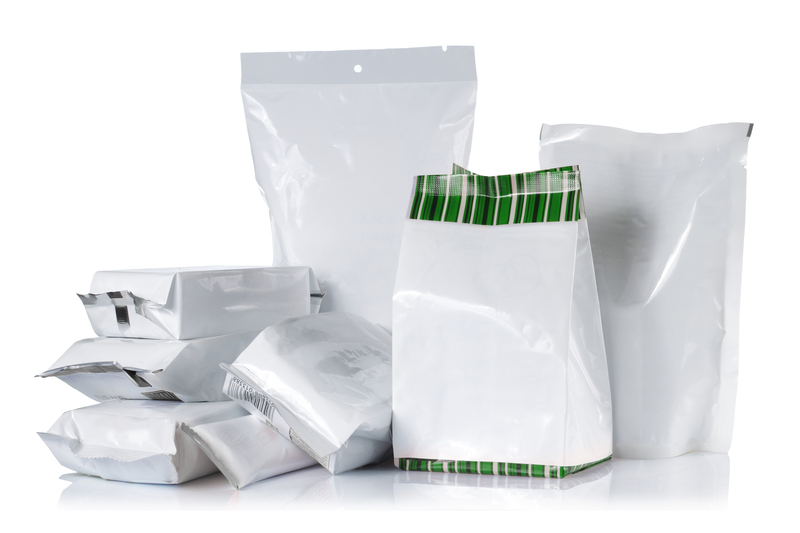As the world becomes increasingly aware of the environmental impact of waste, more attention is being focused on transforming waste into valuable resources. One of the most promising areas in this regard is converting waste into renewable energy. Waste transformation not only helps in reducing the volume of waste but also contributes to energy production, thus addressing two critical issues simultaneously: sustainable waste management and energy needs. In this article, we will delve into the types of waste that are suitable for renewable energy transformation, the technologies involved, and the benefits of these processes.
Understanding Waste Transformation
Waste transformation involves converting waste materials into usable forms of energy or other recoverable materials. This process not only helps in reducing the environmental burden but also provides a renewable source of energy. Among the most common methods are incineration, gasification, anaerobic digestion, and composting. Each technique has its own advantages and is suited to different types of waste.

Categories of Waste for Energy Transformation
The suitability of waste for energy transformation depends on its composition and the technology used. Below are the main types of waste suitable for conversion into renewable energy:
- Biomass Waste: This includes organic materials such as agricultural residues, plant material, and wood. Biomass is particularly valuable because it is abundant and can be converted into biofuels, biogas, and heat.
- Municipal Solid Waste (MSW): MSW encompasses everyday items discarded by households and businesses. It often contains a mix of organic material, plastics, and paper that can be incinerated or digested anaerobically to produce energy.
- Industrial Waste: Industrial processes generate a variety of wastes, some of which are suitable for energy conversion, particularly organic wastes from food processing, papermills, and textile manufacturing.
- Animal Waste: Livestock farming produces significant amounts of manure and other by-products, which can be processed in anaerobic digesters to yield biogas.
- Construction and Demolition Waste: While not typically used for energy, some wood and organic materials from construction can be repurposed for energy generation.
Technologies for Waste-to-Energy Transformation
Several technologies have been developed to transform waste into energy efficiently. Each method is best suited to particular types of waste, as outlined below:
Incineration
Incineration is the process of burning waste to generate heat energy, which can be converted into electricity. It is an effective method for reducing the volume of municipal solid waste and can be coupled with heat recovery systems to improve efficiency. However, controlling emissions and ensuring the disposal of residual ash are critical for minimizing environmental impact.
Gasification and Pyrolysis
These methods convert carbonaceous materials into syngas--a mixture of hydrogen, carbon monoxide, and other hydrocarbons--by applying heat in an oxygen-limited environment. Gasification and pyrolysis are particularly effective for biomass waste and certain types of industrial waste. The syngas can be further processed into biofuels or used for electricity generation.
Anaerobic Digestion
Anaerobic digestion involves the decomposition of organic waste by microorganisms in an oxygen-free environment, resulting in the production of biogas. This method is particularly suited for animal and biomass waste. The biogas produced is a versatile renewable energy source that can be used for heating, electricity, or as a vehicle fuel.
Composting
While not typically used for energy generation, composting transforms organic waste into nutrient-rich soil amendments. By optimizing the composting process, it is possible to capture the heat generated during decomposition to produce energy, though this is less common.
Advantages of Waste Energy Transformation
Transforming waste into renewable energy offers numerous benefits, both environmentally and economically:
- Reduction in Landfill Use: By converting waste into energy, the volume of waste sent to landfills is significantly reduced, thereby extending the lifespan of landfill sites.
- Energy Production: The conversion of waste to energy provides a continuous and reliable source of energy, reducing reliance on fossil fuels and enhancing energy security.
- Reduction of Greenhouse Gases: Properly managed waste-to-energy processes release fewer greenhouse gases compared to landfilling organic waste, thus contributing to climate change mitigation.
- Economic Opportunities: Developing waste transformation facilities can stimulate local economies by creating jobs in construction, operation, and maintenance.
- Recovery of Valuable Materials: Some waste-to-energy processes, particularly those involving anaerobic digestion, allow for the recovery of remaining digestate, which can be used as a fertilizer.

Challenges and Considerations
Despite the numerous advantages of waste transformation, there are several challenges to consider:
- Initial Capital Costs: Setting up waste-to-energy plants requires significant upfront investment, which can be a barrier for some municipalities or companies.
- Technology-Specific Limitations: Each technology has its own limitations regarding the types of waste it can process effectively. For example, incineration plants require sophisticated emission control systems to manage air pollution.
- Sustainability Concerns: Ensuring that waste transformation processes do not produce harmful by-products entails ongoing monitoring and regulation.
- Public Perception: Obtaining public support and acceptance for waste-to-energy projects can sometimes be challenging, particularly if there are concerns about emissions or odors.
Conclusion
As global concerns about waste management and energy resources grow, waste transformation into renewable energy presents a compelling solution. By carefully selecting appropriate technologies and waste materials, we can harness the potential of waste as a source of energy, thus driving forward the transition towards a more sustainable and environmentally-friendly future. Ongoing advancements in technology and increased commitment to environmental stewardship promise to make waste-to-energy conversion an integral part of modern waste management strategies, contributing to a cleaner, healthier planet.